
Introduction
Heart attacks were once considered a problem of old age, but nowadays, they are occurring in increasing numbers in young adults even those in their 20s and 30s. The rise in stress, poor diet, sedentary lifestyles, smoking, and undiagnosed health conditions has made early heart disease a global health crisis.
The good news? Heart attacks are preventable. With the right knowledge and lifestyle changes, you can protect your heart and live a long, healthy life.
Why Are Young People Having Heart Attacks?
Unhealthy Diet & Fast Food
Fast food and processed meals have high amounts of unhealthy fats, sugar, and salt, leading to high cholesterol, obesity, and clogged arteries which are major heart attack triggers.

Physical Inactivity & Sedentary Lifestyle
Sitting for hours in bed, watching TV, or scrolling on phones leads to poor blood circulation, weight gain, and weak heart muscles. Sedentary habits increase heart disease risk by 50%.

High Stress & Mental Health Issues
Modern life is full of work pressure, financial stress, and social anxiety. Long-term stress raises cortisol levels, increases blood pressure, and damages the heart over time.

Smoking
Smoking damages the heart by promoting clot formation in arteries and raising blood pressure which in turn deteriorates heart health. So quitting is the best way to protect your heart.

Poor Sleep Patterns
Getting less than 6 hours of sleep per night raises the risk of high blood pressure, diabetes, and heart failure. Sleep is essential for heart recovery and overall health.

Rising Cases of Undiagnosed High Blood Pressure & Diabetes
Many young people have hypertension (high BP) and diabetes but don’t know about it. These silent killers weaken the heart, damage arteries, and increase heart attack risks.

Family History & Genetics
If a close family member had a heart attack at a young age, your risk is higher. However, lifestyle changes can help counteract genetic risks.

Early Warning Signs of a Heart Attack in Young Adults
Young adults can sometimes have varying symptoms of a heart attack compared to older adults. Watch for :

- Chest pain or tightness (even mild discomfort can be a sign)
- Shortness of breath (especially after very light activity)
- Fatigue or weakness (unexplained tiredness, even after rest)
- Dizziness or fainting (insufficient blood flow to the brain)
- Cold sweats & nausea (Similar to flu symptoms)
- Pain in the arms, jaw, neck, or back
If you experience any of these symptoms, seek emergency medical help immediately
How to Prevent a Heart Attack at a Young Age
Adopt a Heart-Healthy Diet
- Avoid junk food, fried snacks, and sugary drinks.
- Eat fruits, vegetables, whole grains, and lean protein sources.-
- Replace processed oils with healthy fats (olive oil, nuts, fish).

Do Exercise Regularly
- Aim for 30 minutes of physical activity, 5 days a week
- Walking, running, cycling, and swimming strengthen the heart-
- Working out also helps maintain healthy blood pressure.

Manage Stress & Mental Health
- Practice deep breathing, meditation, or yoga.
- Take breaks, avoid burnout, and talk to someone if you feel overwhelmed
- Reduce screen time and social media overuse

Quit Smoking & Alcohol
- Smoking damages arteries and raises blood pressure.
- Excessive alcohol weakens the heart over time.

Get Enough Sleep
- Sleep 7–9 hours per night
- Avoid screens and caffeine before bedtime
- Good sleep lowers blood pressure and stress hormones

Monitor Blood Pressure, Sugar & Cholesterol
- Check BP, cholesterol, and sugar levels regularly
- High BP and diabetes are silent killers—stay aware.
- Regular health check-ups can prevent serious heart problems

Maintain a Healthy Weight & Stay Hydrated
- Maintain BMI within a healthy range- Drink plenty of water instead of sugary drinks
- Being overweight puts extra pressure on the heart and increases disease risk

Final Thoughts: Protect Your Heart Today
Young people are having heart attacks at an alarming rate—but it doesn’t have to be. Your heart’s health tomorrow is decided by your lifestyle choices today.
Make small but consistent changes: Eat healthier, exercise more, manage stress, and get regular check-ups. Prevention is better and easier than treatment.
Your heart is the engine of your body—take care of it, and it will take care of you. Act today and live longer, healthier, and stronger!

I am a 3rd-year medical student at Khyber Medical College with a deep passion for medicine and public health education. Through my blogs, I strive to bridge the gap between medical science and public awareness, empowering individuals to make informed health decisions and embrace a healthier, happier life.
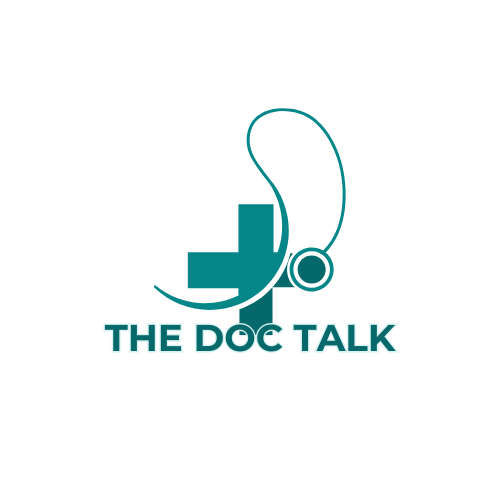
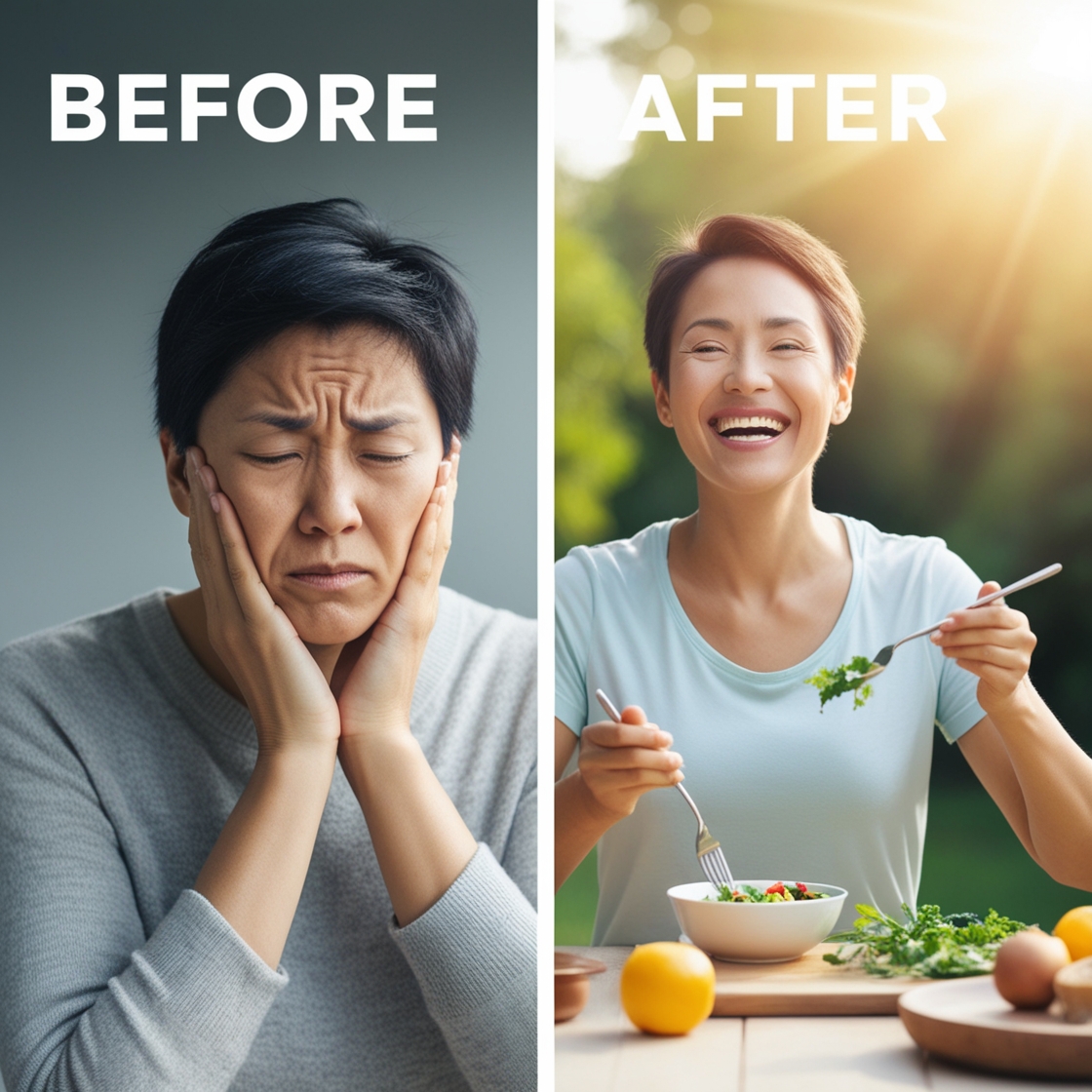


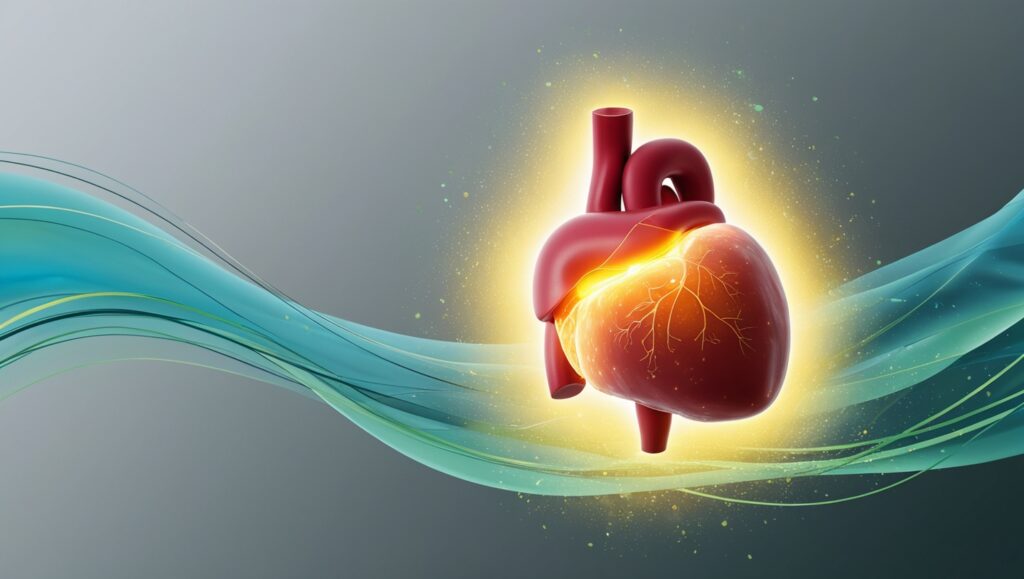

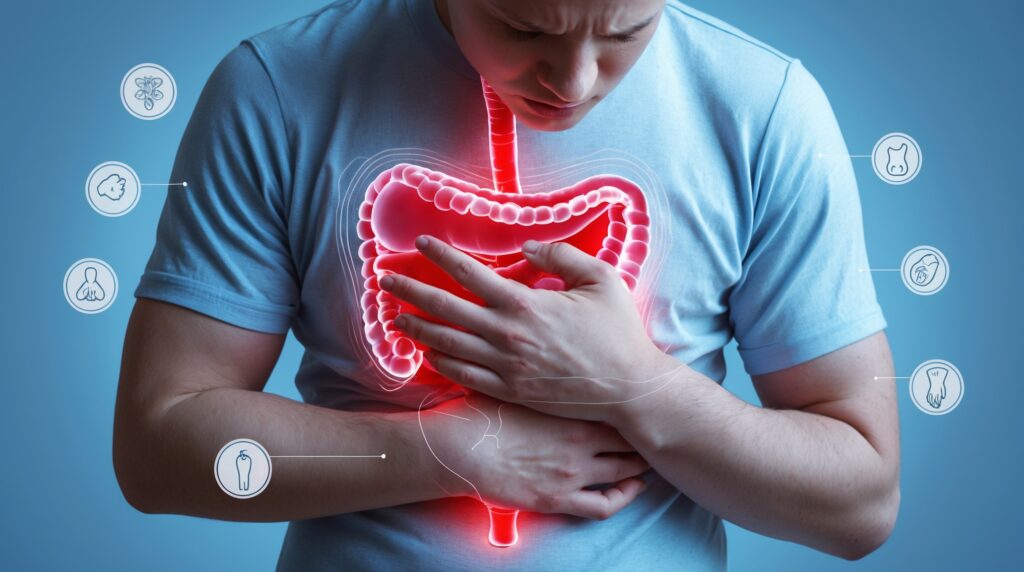





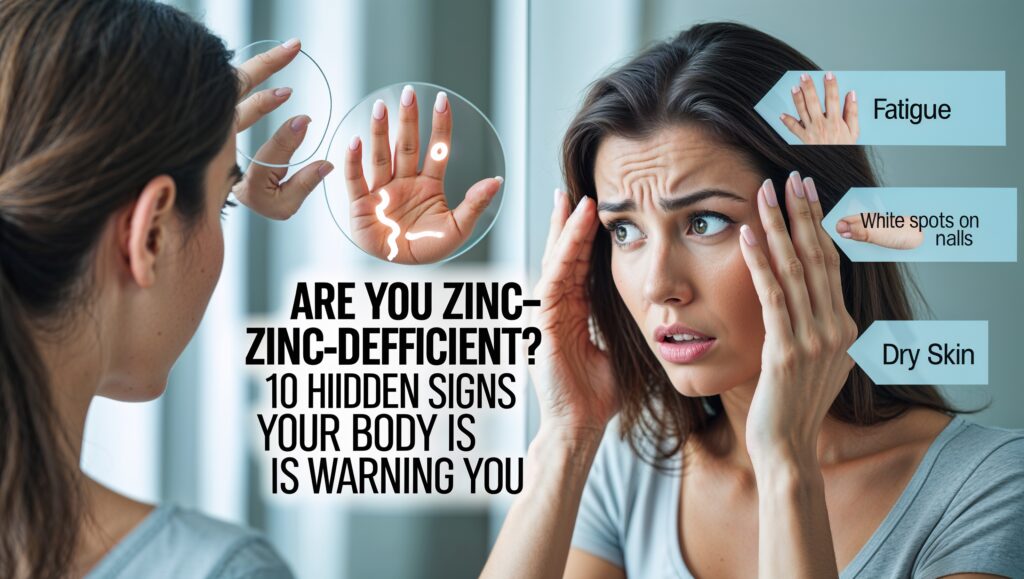
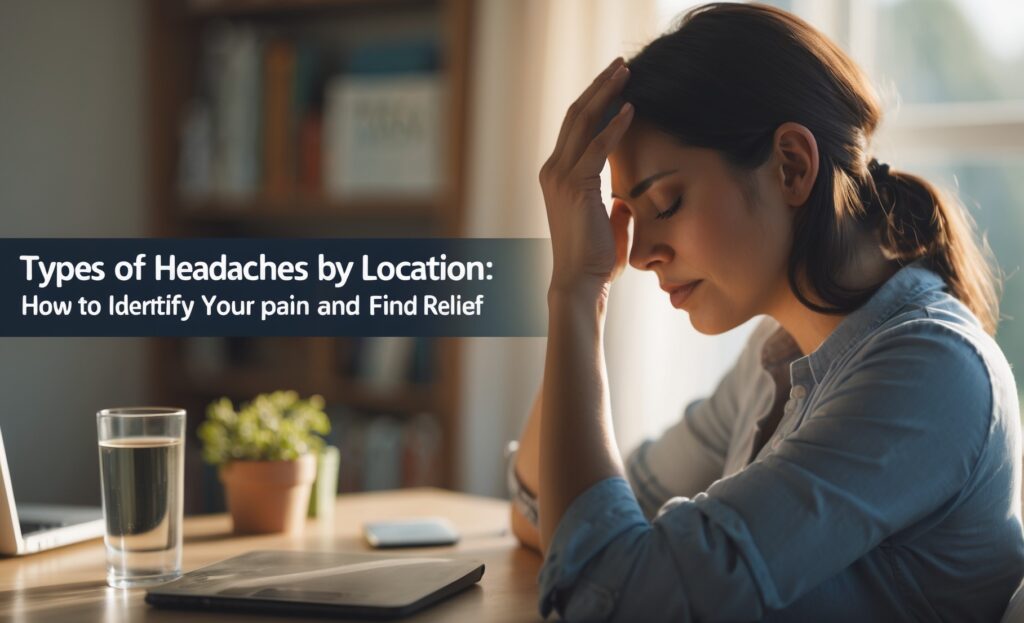
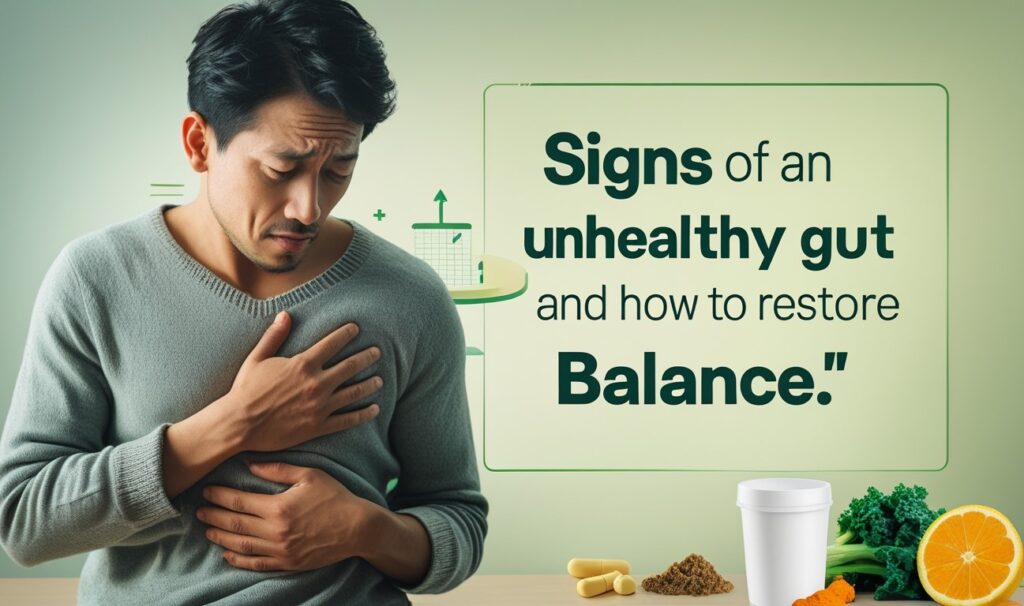

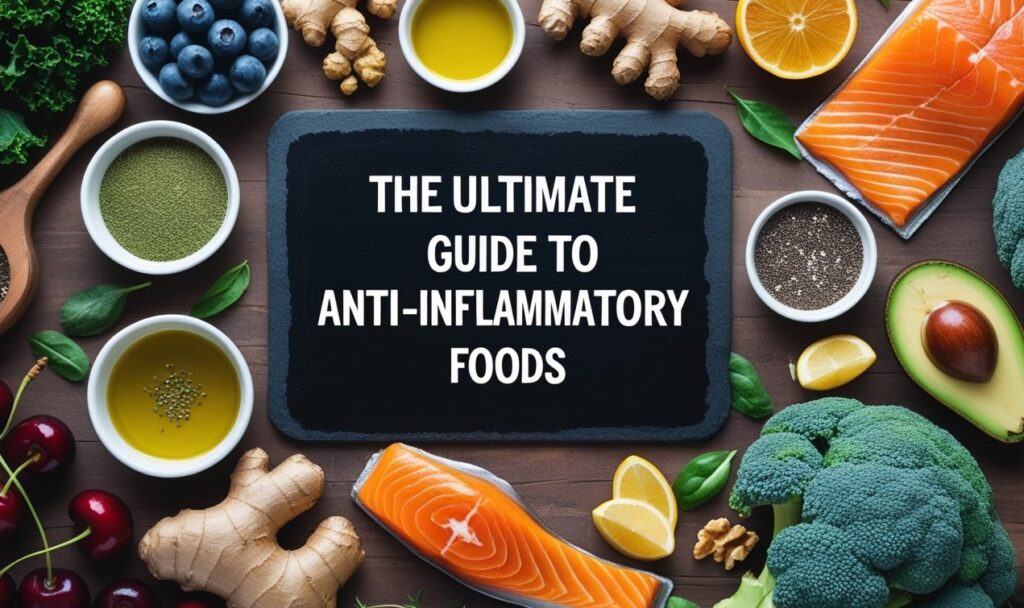
good initiative
Mashallah simple and easy understandable keep it up dear
Appreciate the helpful information!
Imformative !
Informative !
Well defined